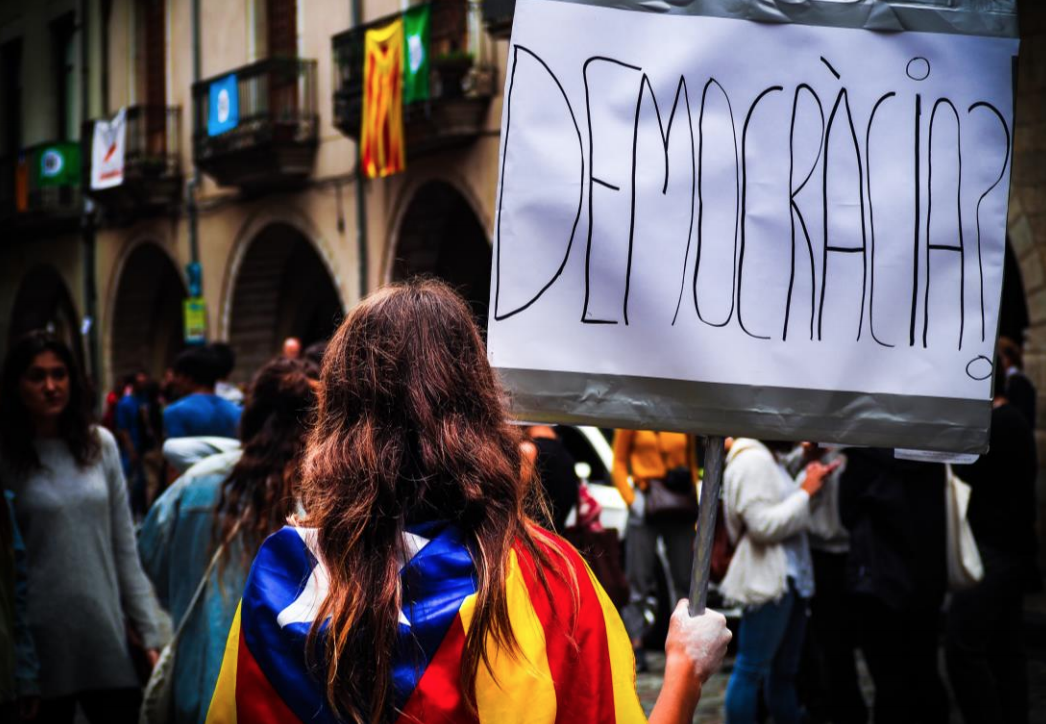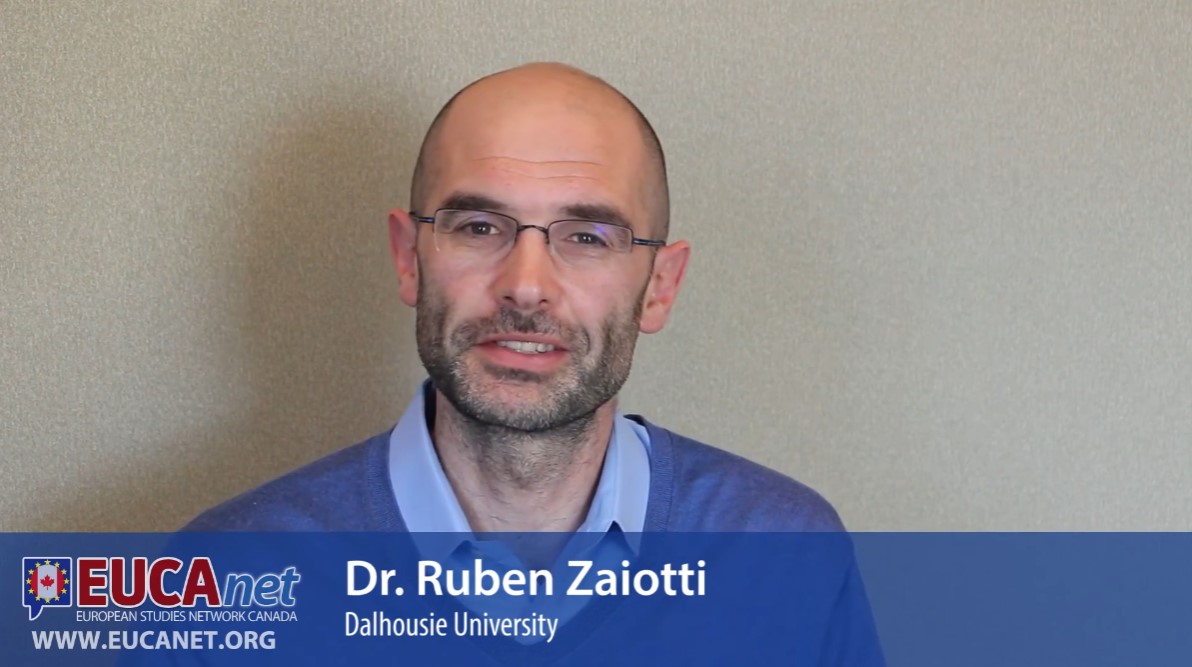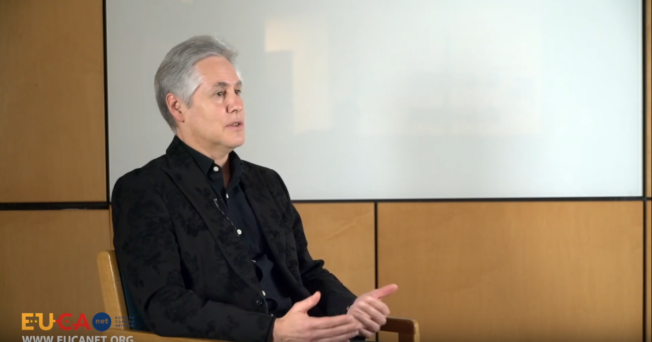Catalan Crisis, by César Arjona Sebastià
By César Arjona Sebastià, Professor at ESADE Law School in Barcelona
On October the 1st 2017, years of conflict between the Catalan and the Spanish authorities reached its peak. The official and legitimate Catalan government had formally called for a vote on independence that day. The official and legitimate Spanish government had formally declared that vote illegal. Catalan citizens found themselves having to make a rare political choice. Some of those who decided to attend the call and go to vote peacefully – either for or against independence – found themselves attacked by anti-riot Spanish police, as recorded in several videos that became viral world-wide.
Catalan secessionism is a complex issue that involves historical, linguistic, cultural, economic, and political aspects, in a plural and complex society. However, the main issue today is not whether Catalonia should be an independent Republic or not, since we are entangled in a previous stage – namely, how to decide on this question. The Catalan crisis is an issue of separatism, but it is above all an issue of how do we solve political problems in complex and plural societies in the 21st century, and what is the role that law and the Constitution must play in that solution. In other words, the Catalan crisis is above all an issue of how do we legally and constitutionally solve political problems in complex and plural societies in the 21st century.
When we look at the problem that way, it turns from a domestic dispute into a global problem. And from a global perspective, I hold that the Catalan crisis is a problem of paradigmatic significance, inasmuch as it mirrors global tendencies about the way in which law, politics and legal-political thinking are evolving in a post-Westphalian world.
My opinion is that what we are witnessing in Catalonia today is the transition from modernity to postmodernity in law and politics. Differently to 19th century Romantic nationalism, the Catalan separatist movement is today a post-modern phenomenon. This explains the clash of mentalities with the Spanish government, which represents legalistic positivism in its purest form. The role of the international community in general, and the European Union in particular, is crucial. By aligning itself with the position of the Spanish government, and qualifying this issue as a domestic internal problem of Spain, the EU is rooting itself in the Westphalian paradigm that is certainly alive – although maybe not well.
Instead of using the traditional Westphalian state-centered positivistic paradigm, I suggest that we look at this problem from the alternative perspective of legal pluralism. When we do that we see that in Catalonia there have been, at least for a while, two legalities running in parallel. This clash of legalities, or shall we say of illegalities – given the controversial nature of political and legal events on both sides – is a rare situation in a EU member state. Broadening our lenses, this may be indicative of how we are moving from a monist conception of law towards a more plural and complex overlap of normativities, as the world turns progressively into one single legal space.
About the author: César Arjona is Professor at ESADE Law School in Barcelona; Visiting professor at Universitat Pompeu Fabra (Barcelona), ICADE (Madrid), Bucerius Law School (Hamburg), and Center for Transnational Legal Studies (London), as academic co-director.










